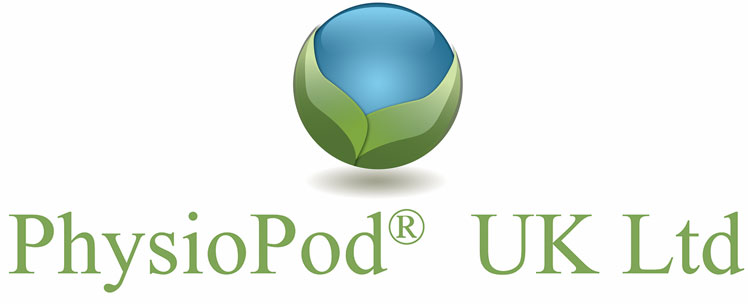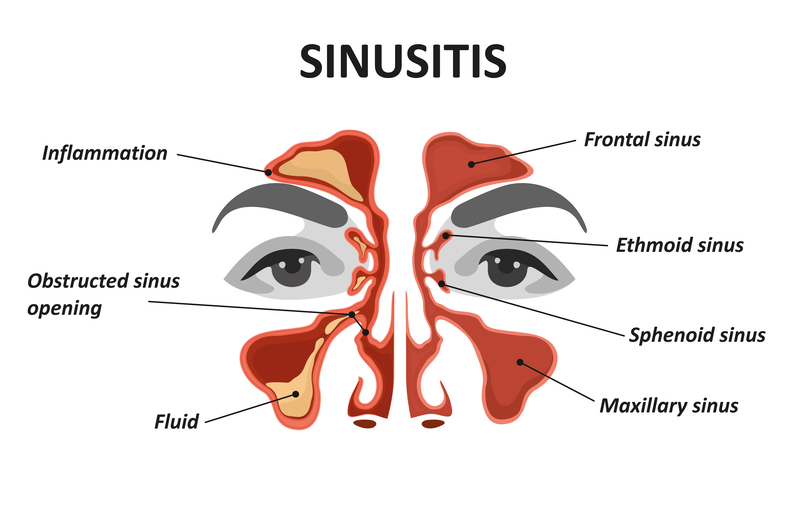Sinusitis is swelling of the sinuses, usually caused by an infection. It's common and usually clears up on its own within 2 to 3 weeks. But medicines can help if it's taking a long time to go away.
Check if you have sinusitis
Sinusitis is common after a cold or flu.
Symptoms of sinusitis include:
- pain, swelling and tenderness around your cheeks, eyes or forehead
- a blocked nose
- a reduced sense of smell
- green or yellow mucus from your nose
- a sinus headache
- a high temperature
- toothache
- bad breath
Signs of sinusitis in young children may also include irritability, difficulty feeding, and breathing through their mouth.
What are the sinuses?
The sinuses are small, empty spaces behind your cheekbones and forehead that connect to the inside of the nose.
Sinusitis causes the lining of the sinuses to swell up.
This stops mucus draining into your nose and throat properly, making you feel blocked up.
How you can treat sinusitis yourself
You can often treat mild sinusitis without seeing a GP by:
- getting plenty of rest
- drinking plenty of fluids
- taking painkillers, such as paracetamol or ibuprofen (do not give aspirin to children under 16)
- avoiding allergic triggers and not smoking
- cleaning your nose with a salt water solution to ease congestion
How to clean your nose with a salt water solution
- Boil a pint of water, then leave it to cool.
- Mix 1 teaspoon of salt and 1 teaspoon of bicarbonate of soda into the water.
- Wash your hands.
- Stand over a sink, cup the palm of 1 hand and pour a small amount of the solution into it.
- Sniff the water into 1 nostril at a time.
- Repeat these steps until your nose feels more comfortable.
- You do not need to use all of the solution, but use a fresh 1 each day.
A pharmacist can help with sinusitis
A pharmacist can advise you about medicines that can help, such as:
- decongestant nasal sprays or drops to unblock your nose (decongestants should not be taken by children under 6)
- salt water nasal sprays or solutions to rinse out the inside of your nose
You can buy nasal sprays without a prescription, but they should not be used for more than 1 week.
See a GP if:
- your symptoms are severe
- painkillers do not help or your symptoms get worse
- your symptoms do not improve after 1 week
- you keep getting sinusitis


